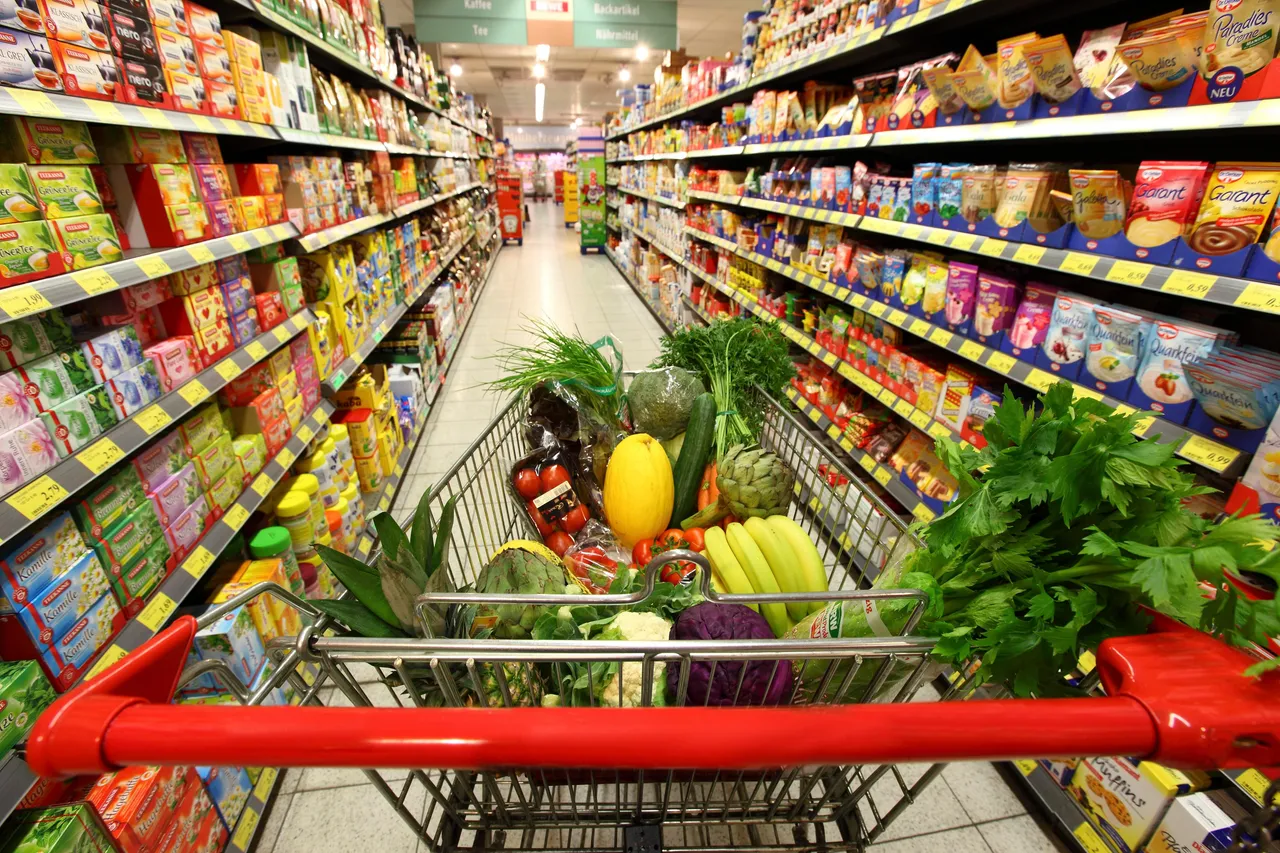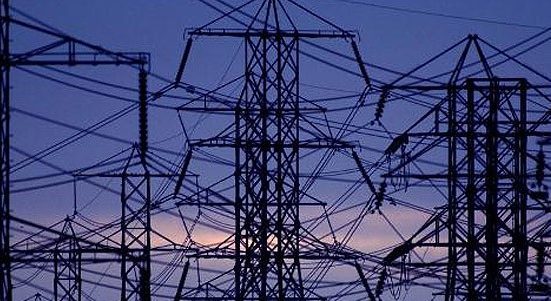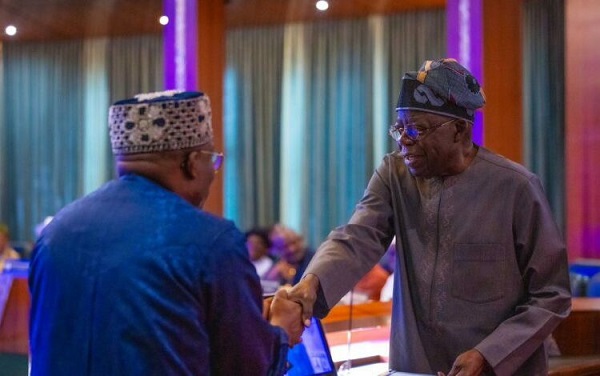Byline: Lagos | August 4, 2025
In 2025, the Nigerian consumer isn’t just tightening their belt. They’re changing their entire wardrobe.
A new report by SEID, The Nigerian Consumer Outlook Report 2025, reveals a sweeping transformation in how Nigerians spend, earn, save, and survive. At the heart of it: economic pressures from all sides. Soaring inflation, rising fuel prices, unreliable power, and a currency under strain have forced millions to adjust. But rather than collapse, Nigerians are adapting. They are cutting back on non-essentials, embracing homegrown alternatives, and leaning into digital tools where they find value.
Feeding the Nation, One Pocket at a Time
Food is consuming the wallet. Literally.
Half of Nigerians now spend the largest share of their income on food. This holds across age groups and income brackets. It’s not surprising when food inflation crossed 40 percent last year. Transportation, education, and utilities trail far behind in spending priorities. Dinner tables may still be full, but the cost is coming out of the entertainment budget.
Goodbye Gucci, Hello Aba
Imported luxuries are no longer in favor. Local goods are winning the market.
Over 46 percent of respondents say they now actively prefer Nigerian-made products. This isn’t just patriotism. The weakening naira has made imported goods unaffordable. Indigenous brands in baby care, fashion, and home electronics are stepping in to fill the gap. Aba-made footwear, once dismissed, is now a staple for middle-income shoppers.
Everyone’s a Hustler Now
Nigeria’s workforce has shifted dramatically. The new labor market is informal, self-driven, and underpaid.
Only 27 percent of respondents are in full-time employment. About 43 percent are now self-employed. Unemployment is pegged at 8.9 percent, more than double the official statistics. Meanwhile, nearly 40 percent earn less than ₦100,000 a month, even with a new ₦70,000 minimum wage. The gig economy is not a trend anymore. It’s how people are surviving.
When the Grid Fails, the Sun Rises
Electricity has become a luxury. Nigerians are turning to solar.
Twelve national grid collapses in 2024, paired with a 200 percent rise in electricity tariffs, have made solar power not just desirable but necessary. Inverters are now the third most planned technology purchase this year, after smartphones and laptops. Solar electricity is now cheaper than both petrol and grid power. It is not a green alternative. It is the only viable option for many.
Tech Wallets in Hand, Trust Still in Question
Bank transfers now dominate payment methods, preferred by 45 percent of respondents. Debit cards follow at 28.7 percent. Yet, a significant number of Nigerians still choose “Pay on Delivery,” showing that digital trust remains fragile.
Fintechs are gaining ground. Investment apps, crypto platforms, and budgeting tools are increasingly popular, especially among the youth. But the digital divide is clear. One in three Nigerians has never heard of AI chatbots, with the largest knowledge gap in the North.
Influencers, Not Billboards, Are the New Towncriers
Social media is now the most powerful advertising channel in Nigeria, surpassing TV and radio. Influencers are playing a major role in shaping buying decisions. About 87 percent of consumers say social media personalities affect what they buy.
Instagram and WhatsApp are becoming new-age supermarkets. In a country where personal recommendation often beats corporate branding, influencer marketing is no longer optional. It is strategy.
The Consumer is Smarter and More Cautious
Price is the single biggest factor influencing brand choice. Nigerian consumers compare before they commit. They switch brands with little hesitation. Loyalty has taken a back seat to value.
Smaller packaging, flexible pricing, and discounts are winning strategies. Traditional marketing playbooks are being rewritten. Only one rule matters now: deliver value or lose relevance.
Looking Ahead: What Comes Next
• Essentials will continue to dominate consumer spending. Non-essentials will suffer.
• Solar and off-grid power adoption will rise sharply.
• Property demand will climb, but affordability remains a major barrier.
• Digital services will grow, but unevenly across income levels and regions.
A New Consumer Has Emerged
This is not just a temporary reaction to inflation. It is a structural shift.
Nigerian consumers are now more deliberate, digitally curious, and financially cautious. They are redefining value. They are shopping with purpose. They are surviving with strategy.
They are not just spending differently. They are thinking differently.
And in doing so, they are reshaping the Nigerian economy itself.







